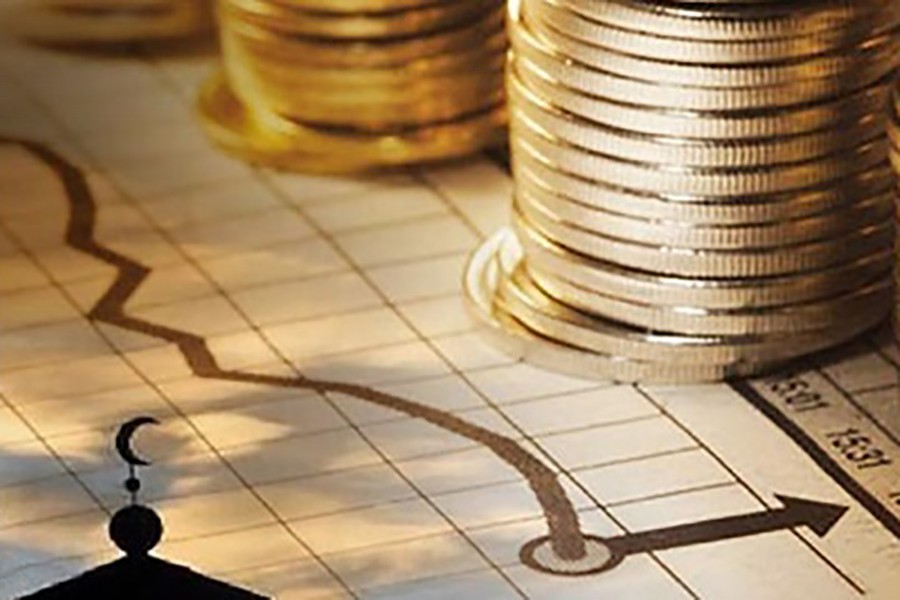The Asian Development Bank (ADB) has said the outlook for Islamic banking and finance in Asia, including Bangladesh is bright given the continent's large Muslim population and growing middle class.
The outlook comes at a report on "An Overview of Islamic Banking and Finance in Asia" issued this month.
The report, however, says Bangladesh's share in global Islamic banking assets is just 1.0 per cent.
This is similar to those of Pakistan, Indonesia, Sudan and Egypt.
Iran has the largest shares of 40 per cent in global Islamic banking assets.
The global Islamic banking asset was worth US$ 1.476 trillion as of December in 2013.
The Islamic finance industry has grown substantially in Asia over the last two decades, the report said.
"The Muslim populations in different Asian countries, especially in South East Asia, are increasing."
"Rapid Muslim population growth and improving living standards may enhance the popularity of Islamic finance as a keen alternative to conventional financing mechanisms," the report said.
Investors from the Middle East and Asia are increasingly seeking to invest in products that are in line with their religious beliefs.
Surveys have suggested that half of the Muslims worldwide would opt for Islamic finance if given a reliable alternative to conventional services.
The governments and financial authorities in several Asian countries have played active roles in promoting the development of Islamic financial markets in line with the efforts to boost investments and achieve sustainable funding to enhance economic growth by tapping the huge liquidity from oil and commodity-producing countries.
The ethical character and financial stability of Islamic financial products may increase their attraction.
Islamic financial products have an ethical focus (notably excluding investment in alcohol and gambling) with a risk profile that appeals to wider ethically-conscious investors.
Islamic finance has emerged as a viable alternative financial system, according to the report.
Given that in Islamic banking returns on investments are based on underlying economic activities and/or assets that structure the contractual relationship between transacting parties, the report argued it is possible to use the asset-based nature and risk-sharing aspects of Islamic finance for greater integration with the real economy and to improve the overall economic balance between the real and the finance sector.
The global Islamic capital market is a multi-sector segment that includes holistic financial instruments, including sukuk Islamic equities, Islamic funds, and other Islamic structured products.
The report said a few countries including Bangladesh with Islamic banking have a full-fledged Islamic deposit insurance scheme with premiums invested in Shariah-compliant assets.
The Islamic banking assets and financial products in Asia are much larger than those in Europe and North America, largely due to the Malaysian Islamic finance marketplace.
Malaysia is one of the global leaders in Islamic financial services and held an estimated 10 per cent share of the global Islamic banking assets.
Like Malaysia, several other Asian countries, including Bangladesh, Brunei Darussalam, Indonesia, and Pakistan, have both Islamic and conventional banking systems.


